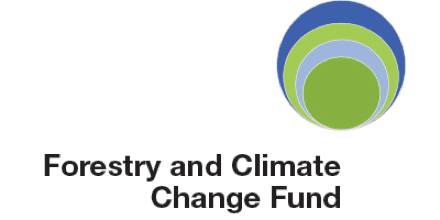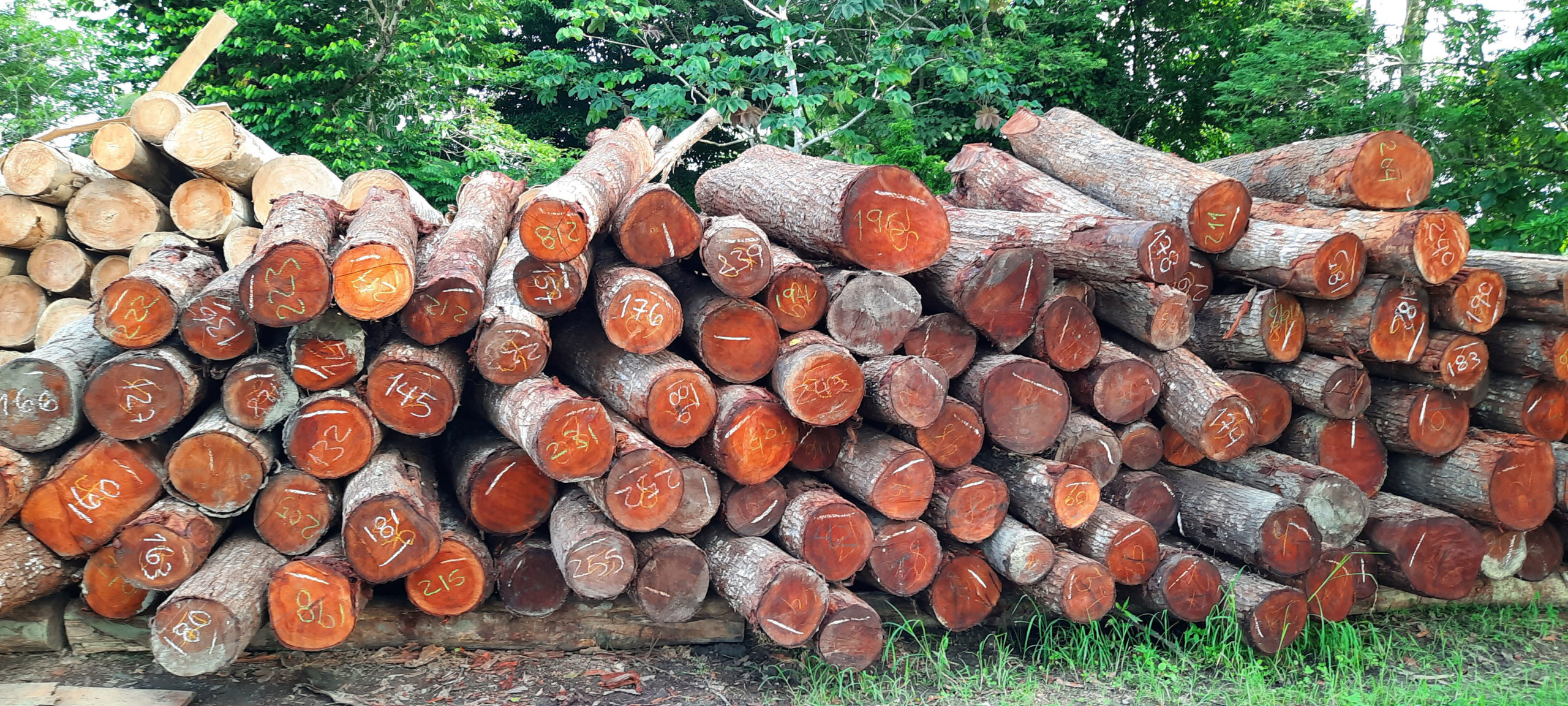Building up markets
The scientific advisors to the conventions on climate change and biodiversity (IPBES and IPCC) stated in 2021 that “biodiversity loss and climate change are both driven by human economic activities and mutually reinforce each other. Neither will be successfully resolved unless both are tacked together.”
Human economic activities are indeed a key driver of many of the problems facing our planet and our forests. For this reason, FCCF has chosen to focus on the creation of sustainable value chains, which support local communities, and which alleviate the pressures which contribute towards deforestation.
It is key to our thesis that a lack of markets and demand for woods from secondary and degraded forests leads to communities failing to benefit from the areas. Given that limited economic value is perceived to lie in these areas, they remain highly vulnerable to further clearance. If these perceptions can be changed, and local actors benefit from forests staying in situ, then incentives leading to deforestation are diminished.

This has led to the Fund exploring ways in which the development of value chains can be supported. The Fund has made several investments in entities which support the development of sustainable value chains. In each case, fair sourcing is key to the success of these projects, to ensure that forest owners are remunerated in-line with opportunity costs. In the long-run, this supports sustainable and scalable projects which ensure that secondary and degraded forest areas are an attractive land-use option.
A further dimension to this is the development of lesser-known species. Well-known species are frequently harvested to the point of vulnerability or even extinction. Building up markets for lesser-known species typically found in secondary and degraded forests helps to alleviate the pressure on over-exploited precious timbers, such as mahogany, as well as generating new sustainable economic opportunities within forests.

